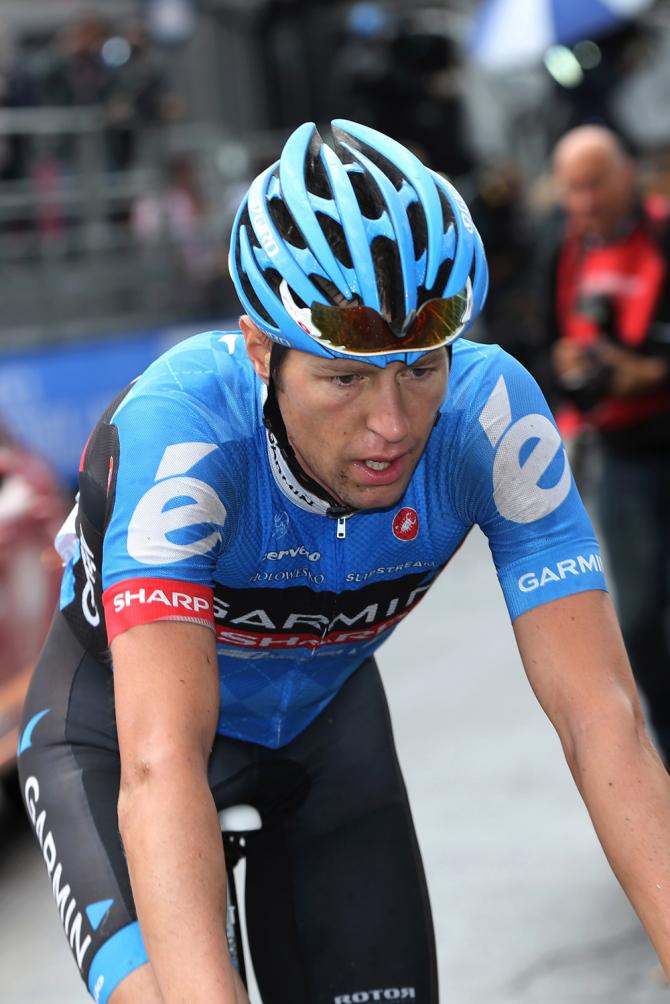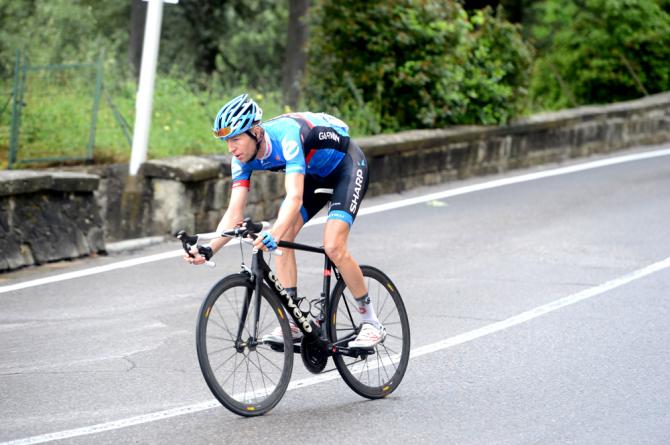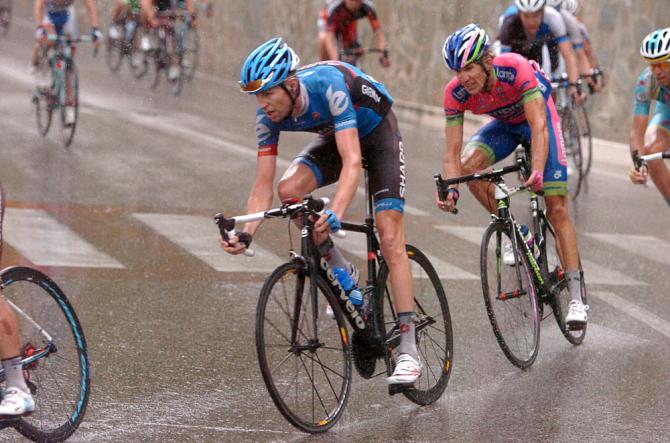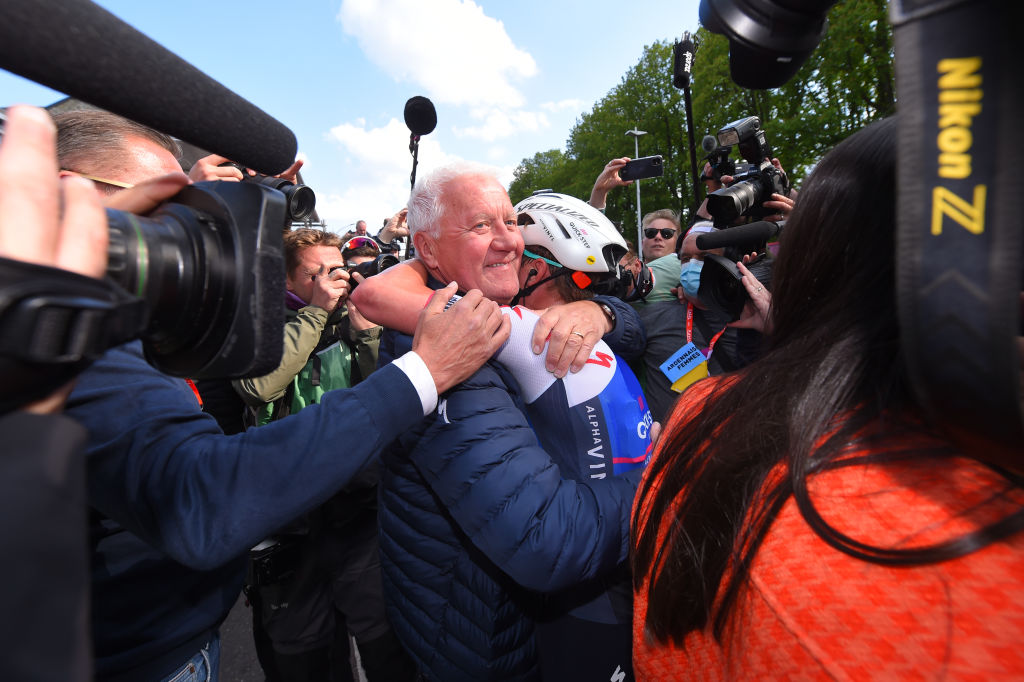Hesjedal concedes time to Giro d'Italia favourites
Defending champion experiences "brief loss of power"
The latest race content, interviews, features, reviews and expert buying guides, direct to your inbox!
You are now subscribed
Your newsletter sign-up was successful



Garmin Sharp's Ryder Hesjedal described stage nine's time losses as being due to a combination of factors, rather than any single reason like sickness or the consequences of an illness.
Hesjedal crossed the line 66 seconds behind the rest of the top Giro d'Italia favourites after he was dropped on the final climb, the fourth category Fiesole, prior to the run-in to Firenze, and is now lying 11th overall, 3:11 back.
"It wasn't even a bad day, it was a bad moment," Hesjedal told Cyclingnews after the stage. "I could already feel on the second to last climb [the third category Vetta le Croce] that something was not right, I couldn't get the power out of my legs.
"Then the last one was even steeper, and the way the race was going I had to ride tempo and limit the damage."
To have one Garmin Sharp teammate there to guide him through the final metres, Tom Danielson was crucial, Hesjedal said. "Tom did a great job and managed the situation but like I said, I didn't feel bad today, I felt pretty good."
He pointed out that the hard racing all day, the long climbs, and the speed with which the race moved up the final ascent had all contributed to his brief loss of power.
"Maybe I had a severe case of time trial butt as well" - after Saturday's very long race against the clock - "and the cold got through to my muscles as well so I couldn't find the power for those short moments. Then you've got 40 guys going full gas fighting for the stage and the classification, so it was a bad moment to have that happen.
The latest race content, interviews, features, reviews and expert buying guides, direct to your inbox!
"But it could have been worse and there's a rest day now as well."
As Garmin Sharp sports director Charly Wegelius pointed out to Cyclingnews, there is a lot of racing left to go, including all of the major mountain stages and although Hesjedal lost some time and "nobody wants to lose 66 seconds", the time gaps were not colossal.
"If this had been a 10 kilometre climb then my Giro would have been over," Hesjedal said. "You've got to look at the positive side of things."
Alasdair Fotheringham has been reporting on cycling since 1991. He has covered every Tour de France since 1992 bar one, as well as numerous other bike races of all shapes and sizes, ranging from the Olympic Games in 2008 to the now sadly defunct Subida a Urkiola hill climb in Spain. As well as working for Cyclingnews, he has also written for The Independent, The Guardian, ProCycling, The Express and Reuters.

